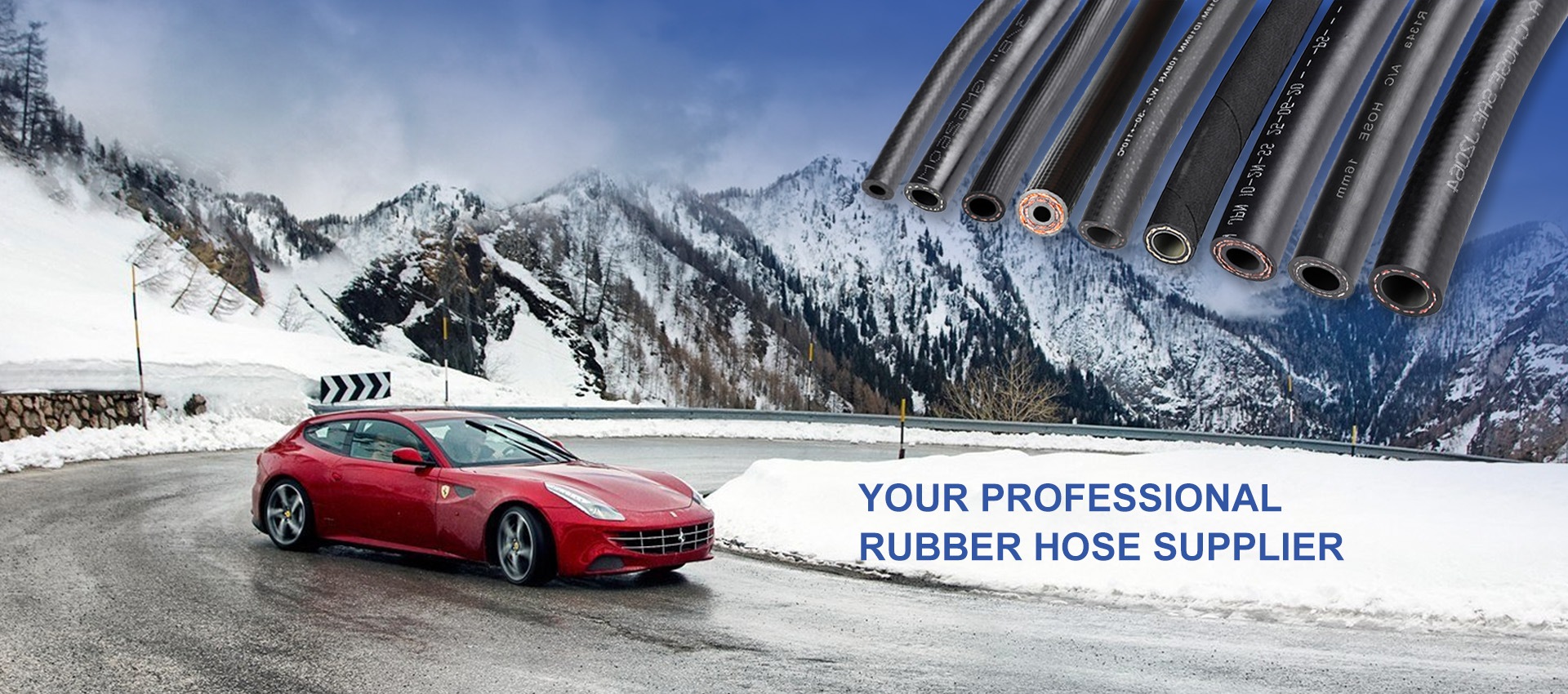Understanding E85 Fuel Line Compatibility and Maintenance for Optimal Performance
Dec . 10, 2024 17:05 Back to list
Understanding E85 Fuel Line Compatibility and Maintenance for Optimal Performance
Understanding E85 Fuel Lines Compatibility, Benefits, and Considerations
E85 fuel, a blend of 85% ethanol and 15% gasoline, has gained popularity in recent years as a renewable energy alternative. With rising concerns about fossil fuel dependence and environmental impact, many vehicle owners are considering the switch to E85. However, this transition requires careful consideration of various components in a vehicle's fuel system, particularly the fuel lines.
What Are E85 Fuel Lines?
E85 fuel lines are specially designed hoses and tubes that transport fuel from the tank to the engine. Due to the high concentration of ethanol in E85, these fuel lines must be made from materials that can withstand harsher conditions than those used for standard gasoline. Ethanol is more corrosive and can degrade certain rubber and plastic materials over time. Therefore, it is crucial to ensure that the vehicle’s fuel lines are compatible with E85 to prevent leaks, clogs, and other issues.
Benefits of Switching to E85
There are several advantages to using E85 fuel, including
1. Environmental Impact Ethanol burns cleaner than gasoline, emitting lower levels of harmful pollutants. This shift can contribute to improved air quality and a reduction in greenhouse gas emissions.
2. Renewable Energy Source Ethanol is typically produced from crops like corn or sugarcane, making it a more sustainable fuel option compared to fossil fuels.
3. Performance Some high-performance vehicles are designed to run on E85, taking advantage of its higher octane rating (approximately 105 compared to 87 for regular gasoline). This can lead to improved engine performance and horsepower enhancements.
4. Cost In some regions, E85 may be less expensive than conventional gasoline, providing potential savings at the pump, although prices can fluctuate.
e85 fuel line

Key Considerations for E85 Fuel Lines
While there are many benefits to running a vehicle on E85, there are also key considerations that owners must keep in mind
1. Material Compatibility Before switching to E85, vehicle owners should assess their fuel lines' materials. Fuel lines made of nitrile rubber, fluoropolymer, or stainless steel are generally recommended. Those made from standard automotive rubber or plastic may not hold up to ethanol's corrosive nature.
2. Vehicle Modifications Depending on the vehicle's make and model, modifications may be necessary to ensure functionality with E85. This can include fuel injectors, fuel pumps, and even engine mapping to optimize performance and efficiency.
3. Fuel Storage and Stability E85 has a shorter shelf life compared to gasoline due to its higher ethanol content, which can attract moisture. Therefore, proper fuel storage is essential to prevent water contamination that can damage engines over time.
4. Energy Content While E85 fuel can provide environmental benefits, it has a lower energy density than gasoline. This means that vehicles running on E85 may experience a decrease in fuel economy, requiring more frequent refueling, especially for those not designed specifically for ethanol-blended fuels.
5. State Regulations The availability and regulations surrounding E85 can vary by location. Not all gas stations offer this fuel, and some areas may have specific regulations governing its use. It’s wise for consumers to check local resources before making the switch.
Conclusion
Switching to E85 fuel can offer significant advantages, including better environmental performance and potential cost savings. However, vehicle owners must ensure that their fuel lines are compatible with ethanol to prevent damage and maintain optimal engine performance. By selecting the appropriate materials and considering required modifications, drivers can embrace the benefits of E85 while safeguarding their vehicles’ integrity. As the automotive industry continues to evolve towards more sustainable fuel options, awareness and education surrounding alternatives like E85 will be essential for consumers seeking to make informed choices.
